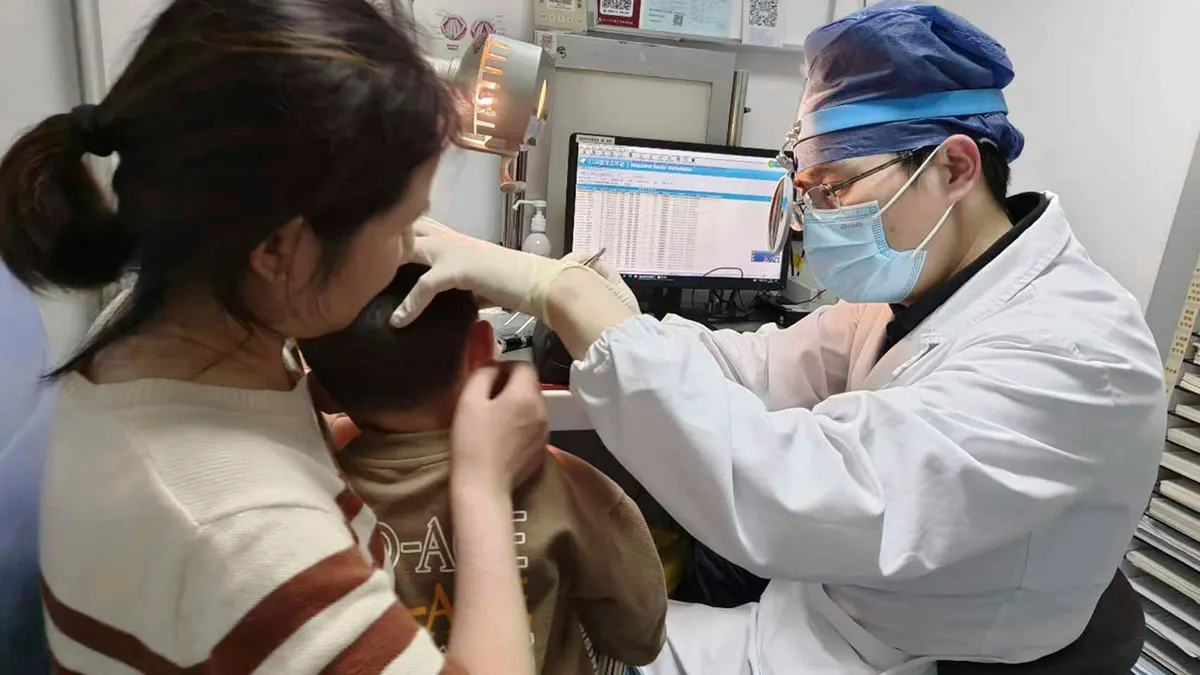
In groundbreaking research, gene therapy has enabled several children with inherited deafness to hear, marking a significant advance in medical science. A recent small study in China documented considerable hearing restoration in five out of six children treated. Similarly, the Children’s Hospital of Philadelphia reported improvements in an 11-year-old boy, and earlier this month, Chinese researchers noted positive outcomes in two other children.
Currently, the therapy targets a specific rare condition responsible for two to eight percent of inherited deafness, caused by mutations in a gene essential for an inner ear protein called otoferlin. The one-time treatment involves delivering a functional copy of this gene to the inner ear. Although most children in these studies were treated in one ear, one child received treatment in both ears.
These advancements offer hope for many of the 34 million children globally affected by deafness or hearing loss, with up to 60 percent of cases attributed to genetic factors. Gene therapy, already approved for illnesses like sickle cell disease and severe haemophilia, now demonstrates potential in treating hereditary deafness. Traditionally, children with this condition have relied on cochlear implants to aid in hearing.
The results from these experiments are promising. In one instance, a baby previously unable to hear responded to sounds just six weeks post-treatment. Another child was able to repeat words and phrases 13 weeks after receiving the therapy. The treated children, previously completely deaf, can now hear regular conversations and communicate with others, achieving about 60 to 70 percent of normal hearing levels without significant side effects.
This research is moving forward amidst a landscape of ethical considerations, particularly from within the deaf community. Some view gene therapy for deafness as an existential threat to signing Deaf communities and argue that deafness, unlike diseases like sickle cell, is not a severe or life-threatening condition. Engaging with the deaf community is crucial in discussing the prioritization and implications of such therapies.
As the field progresses, questions remain about the long-term efficacy of these treatments and whether hearing improvements will continue. Nonetheless, these initial successes open new possibilities in gene therapy, offering hope for transformative treatments for various types of genetic deafness.



 and then
and then